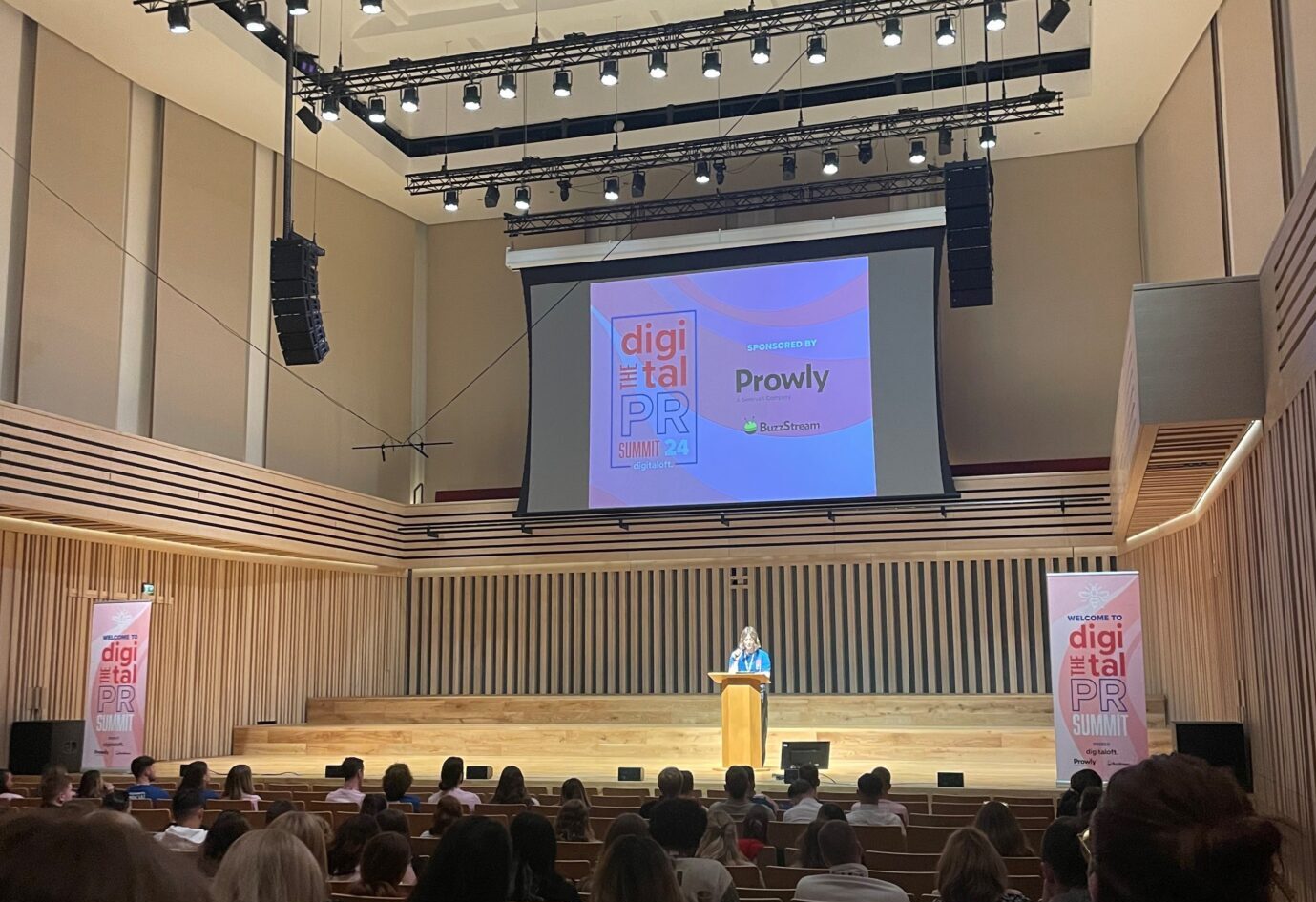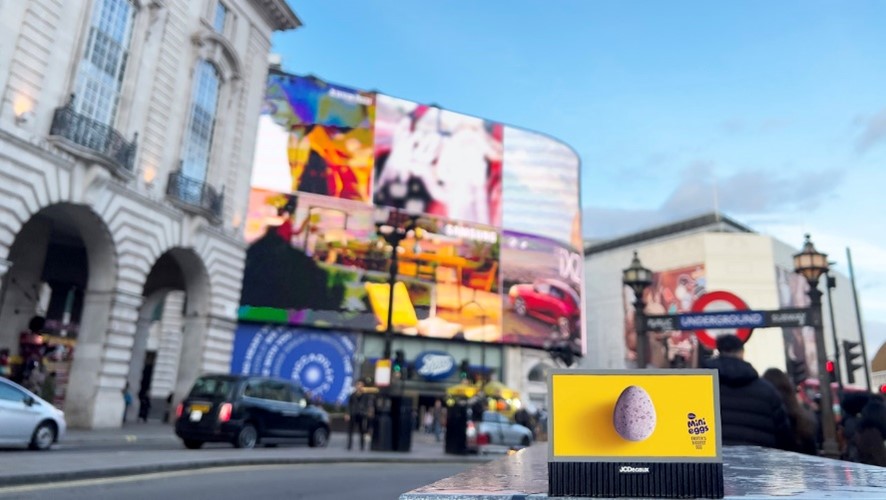I was surprised to read results in The Drum recently from a study by Threepipe that revealed 77 per cent of 18-24 year olds believe that associations with sports stars doesn’t make them any more likely to consider purchasing a brand. The outcome of the survey suggests that sponsorship of sports stars is not making the desired impact.
I don’t think this assumption tells the full story. Surely the main outcome from the survey should be “brands aren’t activating their sponsorships well enough”?
They list examples of Usain Bolt with Puma and Lionel Messi with adidas and after a bit of thought, I wouldn’t automatically link the stars with each sponsor, so maybe the survey is correct (I am out of the 18-24 age group!). If you think back to global sport stars in the last 20 years, I can automatically think of their main sponsor. Michael Jordan – Nike & David Beckham – adidas are the two stand outs.
I’m not questioning the ability or character of global stars like Bolt or Messi, but I am questioning whether they are being used effectively by their sponsors. I actually think of Virgin Media and their innovative campaigns with Usain Bolt before I would get to Puma.
However, it is a harder market to activate sponsorships than say 20 years ago. There are more sponsors to compete with, more global sports stars, more regulations and more ways to communicate to audiences. The 18-24 audience, in particular, is difficult to target and cut-through due to the increase in competition for share of voice on social media.
We all see large campaigns by the major brands and I do think sometimes they need to look at how they are targeting specific audiences. In my opinion, smaller, more bespoke creative campaigns using their sports stars as endorsers will have more impact in the long run. Mass market campaigns can struggle to connect, be part of the digital conversation and try to appeal to all, which can be a difficult task in a personalised media-fed world. It’s time to be smarter, more reactive and ensure that if you have a target audience, make sure you develop bespoke campaigns to improve your engagement levels, which challenge, are creative and resonate. Sport sponsorship is then a powerful route to market.




